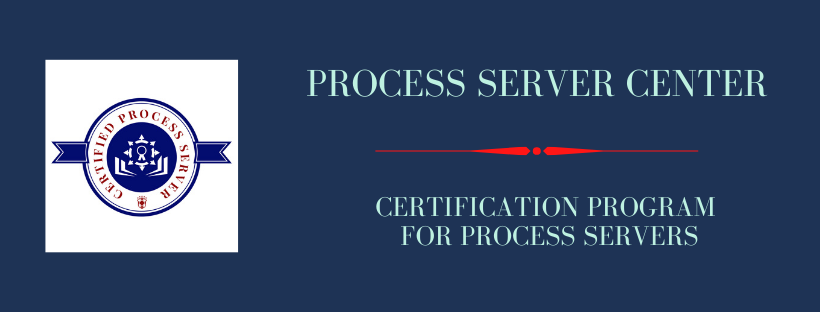California Rules of Civil Procedure
Overview:
California Rules of Civil Procedure consist of the rules by which state courts conduct civil trials. Civil trials concern the judicial resolution of claims by one individual or class against another. An understanding of the civil procedure laws ensures that process service is properly effectuated. Therefore, it is crucial for lawyers, paralegals, process servers, and pro se litigants to be properly informed of the rules and regulations that pertain to service of process.

